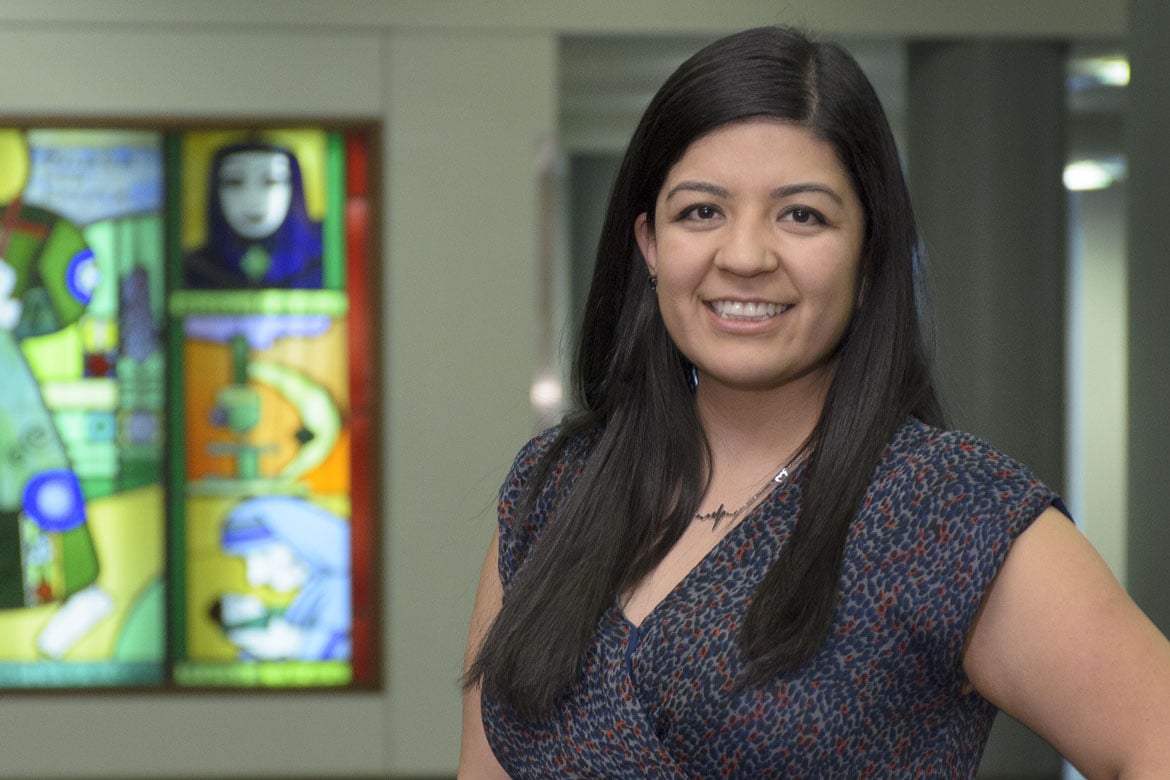To help alleviate the physician shortage and improve access to care, Congress should move quickly to enact legislation that would allow those granted Deferred Action for Childhood Arrivals (DACA) status—often dubbed “dreamers”—to live and work legally in the U.S. An estimated 5,400 previously ineligible physicians could be introduced into the U.S. health system over the coming decades through a DACA-like legislative fix.
That estimate was cited in a letter to Congressional leaders by AMA Executive Vice President and CEO James L. Madara, MD. He noted there is already a shortage of 8,200 primary care physicians—according to the Health Resources and Services Administration—and that the Association of American Medical Colleges has projected the total physician shortage could grow to as many as 94,700 doctors by 2025.
“Removing those with DACA status will particularly create care shortages for rural and other underserved areas,” Dr. Madara wrote. “DACA physicians are more likely to work in high-need areas where communities face challenges in recruiting other physicians. DACA students are also more likely to be bilingual, to come from diverse cultural backgrounds, and to understand challenges in certain ethnic communities. Without these physicians, the AMA is concerned that the quality of care provided in these communities will be negatively impacted and that patient access to care will suffer.”
More than 100 students with DACA status applied to U.S. allopathic medical schools last year, he noted.
“Those who enrolled will now face uncertainty about completing their degrees, paying their student loans, and serving patients. Furthermore, if DACA residents are unable to complete their training, which typically spans three to six years after medical school, this could potentially waste graduate medical education funds, leave training slots unfilled, and generally exacerbate the physician shortage our country is facing, especially for our most vulnerable patients,” Dr. Madara wrote. “The AMA believes that these DACA recipients should be able to continue to study, work and improve patient access to care without the fear and uncertainty of being deported before their training is completed.”
Support for a new Dream Act
The AMA letter comes in response to U.S. Attorney General Jeff Sessions’ announcement that about 800,000 DACA recipients will see that status—which allows them to legally live and work in the U.S.—expire in six months unless Congress takes action. President Obama brought DACA into existence through executive order, an action that Republican state attorneys general have threatened to challenge in federal court as an unconstitutional overreach of presidential authority.
In his letter, Dr. Madara concluded that DACA recipients “have demonstrated their commitment to the United States in numerous ways by attending medical school, training to become doctors, caring for patients, conducting research and improving our health care system.” He highlighted specific legislation—the Dream Act of 2017 (S. 1615; H.R. 3440)—that “would provide a solution to ensure DACA recipients are protected and do not face continuous threats and potential legal challenges.”
At the 2016 AMA Interim Meeting, the AMA House of Delegates voted to support medical students, residents and physicians with DACA status. Earlier this year, the AMA backed similar Congressional legislation to protect dreamers from deportation. In February, then-AMA President Andrew W. Gurman, MD, held a listening session with 12 of the 28 students with DACA status enrolled at Loyola University Chicago’s Stritch School of Medicine.
Other medical student dreamers have shared their stories with AMA Wire®. Blanca Morales, for example, is a student at Harvard Medical School and a DACA recipient living with the fear of deportation.
“Now, with the potential of DACA being ripped away by the new change in leadership, I find myself mourning the dream of becoming a community physician, and instead dealing with the nightmare of being separated from my loved ones,” she said earlier this year.
Morales’ situation is not unique.
“Unfortunately, it would not just be my nightmare, but that of hundreds of thousands of students and hardworking individuals who only wish to improve this country they call home,” Morales said.




